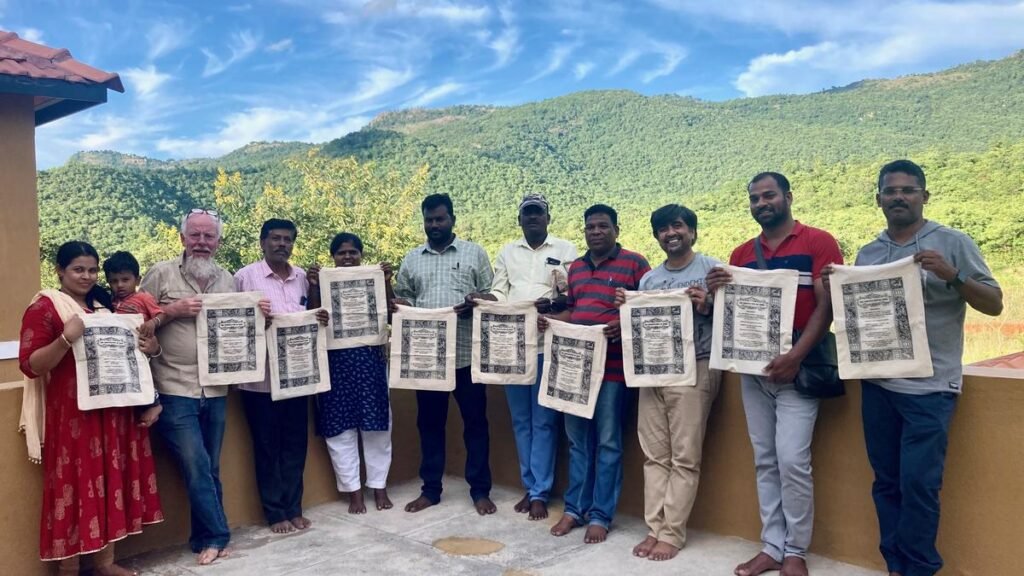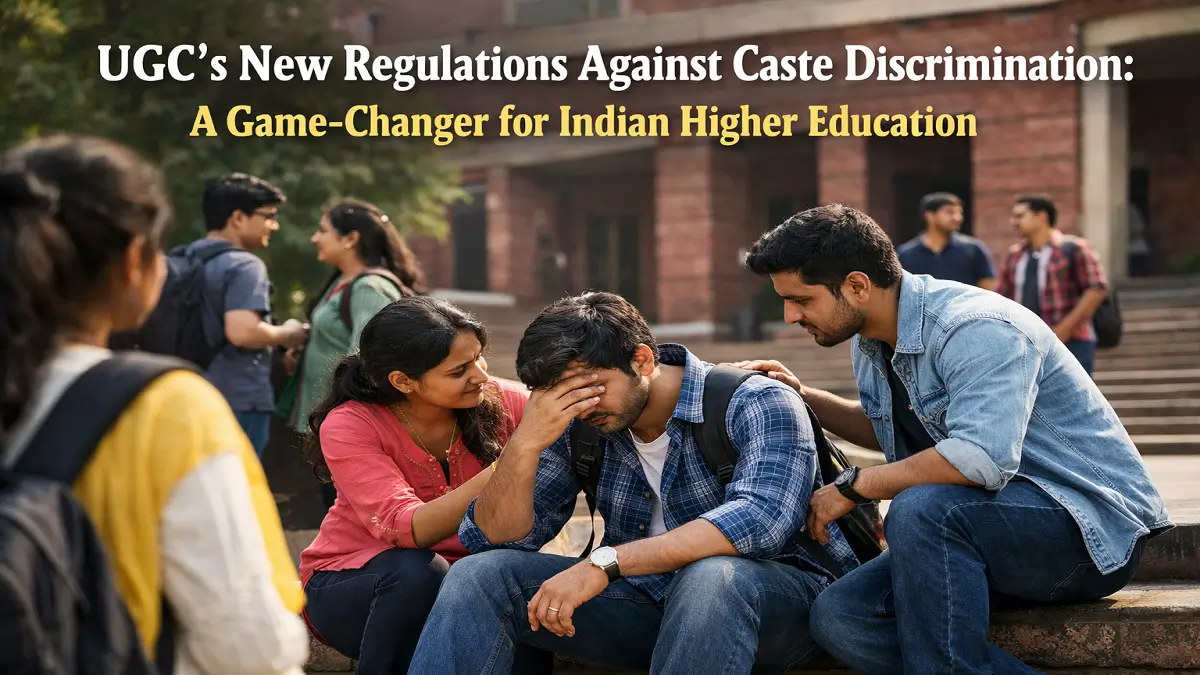Article: South Indian Adivasi Knowledge Centre to be Launched in B.R. Hills
Introduction to the South Indian Adivasi Knowledge Centre
The South Indian Adivasi Knowledge Centre (SIAKC) is set to be inaugurated in the Biligiri Ranganath Hills (B.R. Hills) of Karnataka. This initiative marks a significant step towards preserving and promoting the cultural heritage and traditional knowledge of the Adivasi communities residing in South India. The centre aims to serve as a repository of the rich cultural and historical legacy of these indigenous communities, offering a platform for education and research.
Purpose and Objectives of the Knowledge Centre
The primary objective of SIAKC is to document, preserve, and share the traditional knowledge and practices of the Adivasi people. The centre will focus on various aspects including traditional medicine, folklore, art, and sustainable living practices. By providing a comprehensive resource on Adivasi culture, the centre will support academic research, educational outreach, and community engagement. It will also offer training programs and workshops to promote the sustainable practices that have been part of Adivasi culture for centuries.
Significance of the Location
B.R. Hills has been chosen as the location for the Knowledge Centre due to its historical and cultural significance. The area is home to several Adivasi communities who have maintained their traditional lifestyles despite modernization pressures. The region’s biodiversity and natural resources also play a crucial role in the cultural practices of these communities. The centre’s location in B.R. Hills will ensure that it is at the heart of Adivasi culture and heritage, making it an ideal setting for its objectives.
Collaborations and Funding
The establishment of the South Indian Adivasi Knowledge Centre has seen collaboration between various governmental and non-governmental organizations. Funding for the project has been provided through state and central government initiatives aimed at promoting indigenous cultures and heritage. The project also benefits from support from cultural organizations and academic institutions dedicated to the preservation of Adivasi knowledge.
Impact on the Local Communities
The launch of the Knowledge Centre is expected to have a profound impact on local Adivasi communities. It will provide them with a platform to showcase their traditions and engage with a wider audience. Additionally, the centre will offer opportunities for economic development through cultural tourism and the promotion of traditional crafts. This initiative is anticipated to strengthen the sense of identity and pride among Adivasi communities while fostering greater understanding and respect from the broader society.

Why this News is Important
Preservation of Cultural Heritage
The establishment of the South Indian Adivasi Knowledge Centre is crucial for preserving the cultural heritage of Adivasi communities. These indigenous groups possess a wealth of traditional knowledge and practices that are at risk of being lost due to modernization and external influences. By creating a dedicated space for the documentation and dissemination of this knowledge, the centre ensures that future generations can learn from and appreciate these rich cultural traditions.
Educational and Research Opportunities
The Knowledge Centre will provide valuable resources for researchers, scholars, and students interested in indigenous cultures and practices. It will serve as a hub for academic research, offering insights into traditional Adivasi lifestyles, medicine, and arts. This will enhance the academic understanding of these communities and contribute to broader discussions on cultural diversity and heritage.
Support for Adivasi Communities
The centre represents a significant investment in the Adivasi communities of South India. It not only provides a platform for showcasing their cultural heritage but also supports their economic development through cultural tourism and crafts. This initiative helps to address issues of marginalization and provides a means for Adivasi communities to engage with and benefit from their own cultural assets.
Encouragement for Similar Initiatives
The successful establishment of the South Indian Adivasi Knowledge Centre may serve as a model for similar initiatives across India and other countries with indigenous populations. It highlights the importance of supporting and preserving indigenous cultures and could inspire other regions to develop their own centres of cultural knowledge.
Strengthening Cultural Identity
By focusing on the preservation and promotion of Adivasi traditions, the Knowledge Centre strengthens the cultural identity of these communities. It fosters a sense of pride and belonging among Adivasi people and helps in maintaining their unique cultural practices amidst a rapidly changing world.
Historical Context
Background of Adivasi Communities
Adivasi communities, also known as indigenous or tribal peoples, have inhabited the Indian subcontinent for centuries. They are recognized for their distinct cultural practices, languages, and ways of life that have been shaped by their deep connection to the land and natural resources. These communities have historically faced challenges such as displacement, marginalization, and loss of traditional knowledge due to external pressures and modernization.
Previous Efforts in Cultural Preservation
In recent years, there have been various initiatives aimed at preserving and promoting the cultural heritage of Adivasi communities. These efforts include the establishment of museums, cultural festivals, and educational programs. However, the creation of dedicated centres like the South Indian Adivasi Knowledge Centre represents a more focused and comprehensive approach to documenting and sharing indigenous knowledge.
Significance of B.R. Hills
B.R. Hills, located in Karnataka, is a region of significant cultural and ecological importance. It is home to several Adivasi groups, including the Soligas and Jenu Kurubas, who have lived in harmony with the environment for generations. The region’s biodiversity and traditional practices have made it a key area for cultural research and preservation efforts.
Key Takeaways from the South Indian Adivasi Knowledge Centre
| Serial Number | Key Takeaway |
|---|---|
| 1 | The South Indian Adivasi Knowledge Centre will be launched in B.R. Hills, Karnataka, focusing on preserving Adivasi cultural heritage. |
| 2 | The centre will document and promote traditional knowledge related to medicine, folklore, art, and sustainable practices of Adivasi communities. |
| 3 | B.R. Hills was selected for its cultural and historical significance, as it is home to several Adivasi communities with rich traditions. |
| 4 | The project is supported by various governmental and non-governmental organizations, reflecting a broad commitment to preserving indigenous cultures. |
| 5 | The Knowledge Centre is expected to enhance educational and research opportunities, support local economic development, and strengthen Adivasi cultural identity. |
Important FAQs for Students from this News
1. What is the South Indian Adivasi Knowledge Centre?
The South Indian Adivasi Knowledge Centre (SIAKC) is a newly established facility in B.R. Hills, Karnataka, aimed at preserving and promoting the traditional knowledge, culture, and heritage of Adivasi communities in South India.
2. Why was B.R. Hills chosen as the location for the Knowledge Centre?
B.R. Hills was selected due to its significant cultural and historical connection with Adivasi communities. The region is home to various indigenous groups and has a rich biodiversity that supports their traditional practices.
3. What are the main objectives of the Knowledge Centre?
The main objectives of SIAKC are to document, preserve, and promote traditional Adivasi knowledge and practices related to medicine, folklore, art, and sustainable living. It also aims to provide educational resources and support research on indigenous cultures.
4. Who are the key supporters of the South Indian Adivasi Knowledge Centre?
The Knowledge Centre has received support from both governmental and non-governmental organizations, including cultural institutions and academic bodies, which are committed to preserving and promoting Adivasi heritage.
5. How will the Knowledge Centre impact local Adivasi communities?
The centre is expected to positively impact local Adivasi communities by providing a platform for showcasing their culture, offering economic opportunities through cultural tourism, and enhancing their sense of identity and pride.
Some Important Current Affairs Links

















